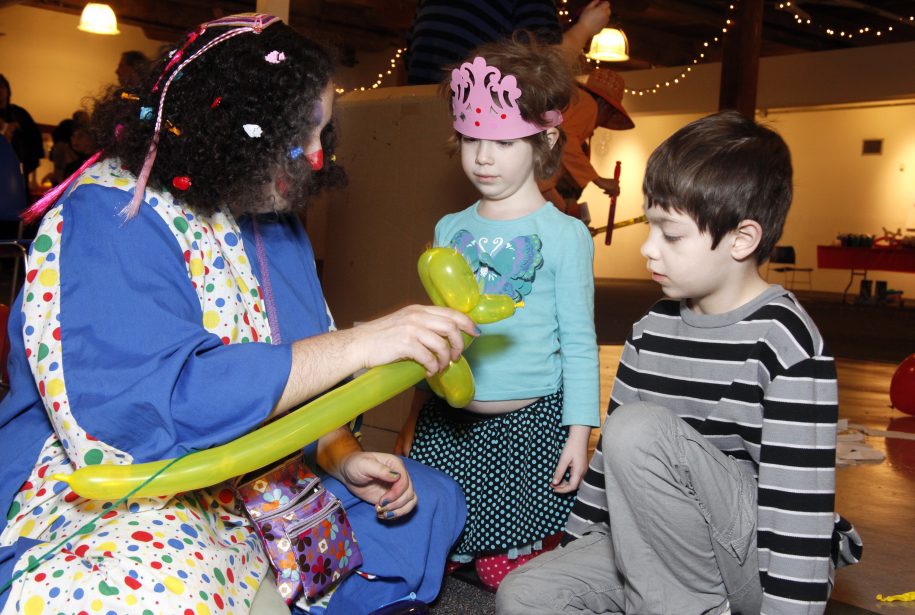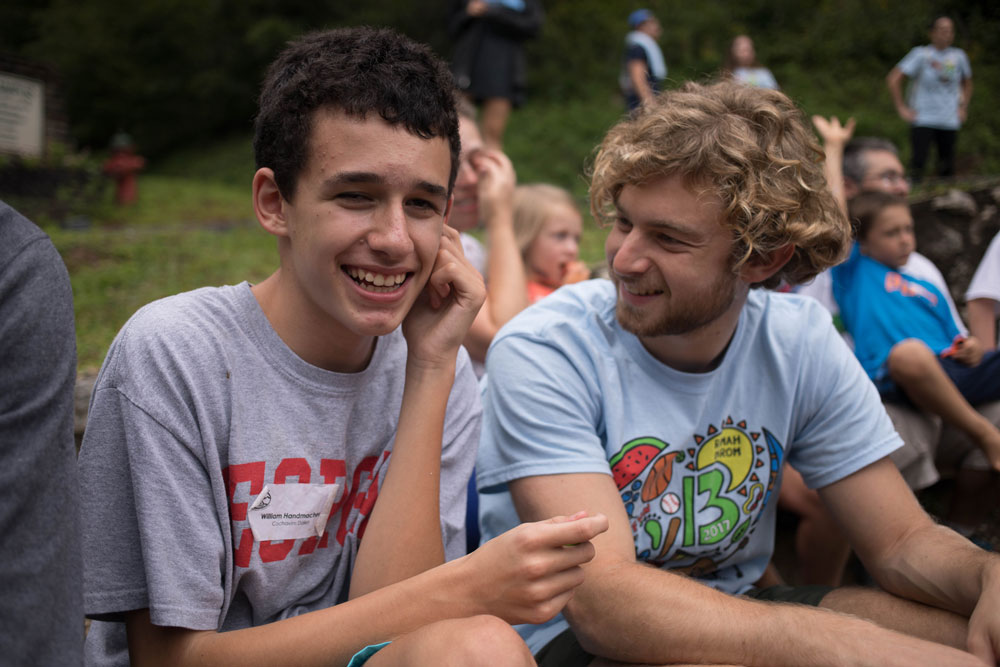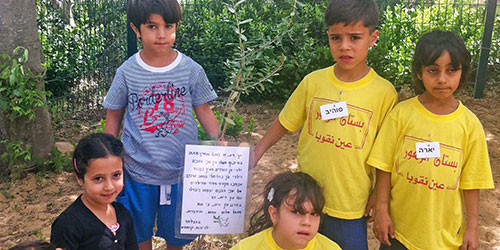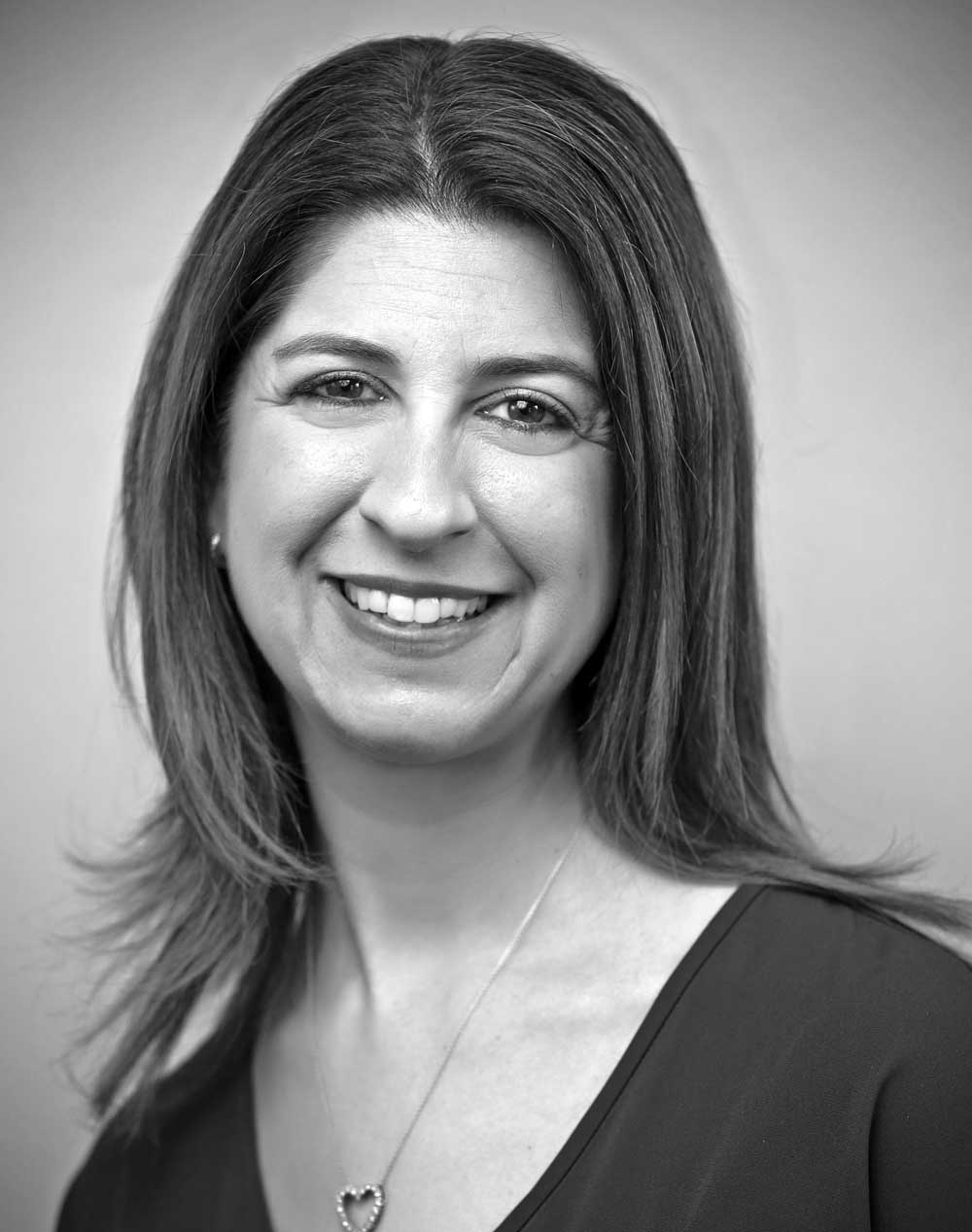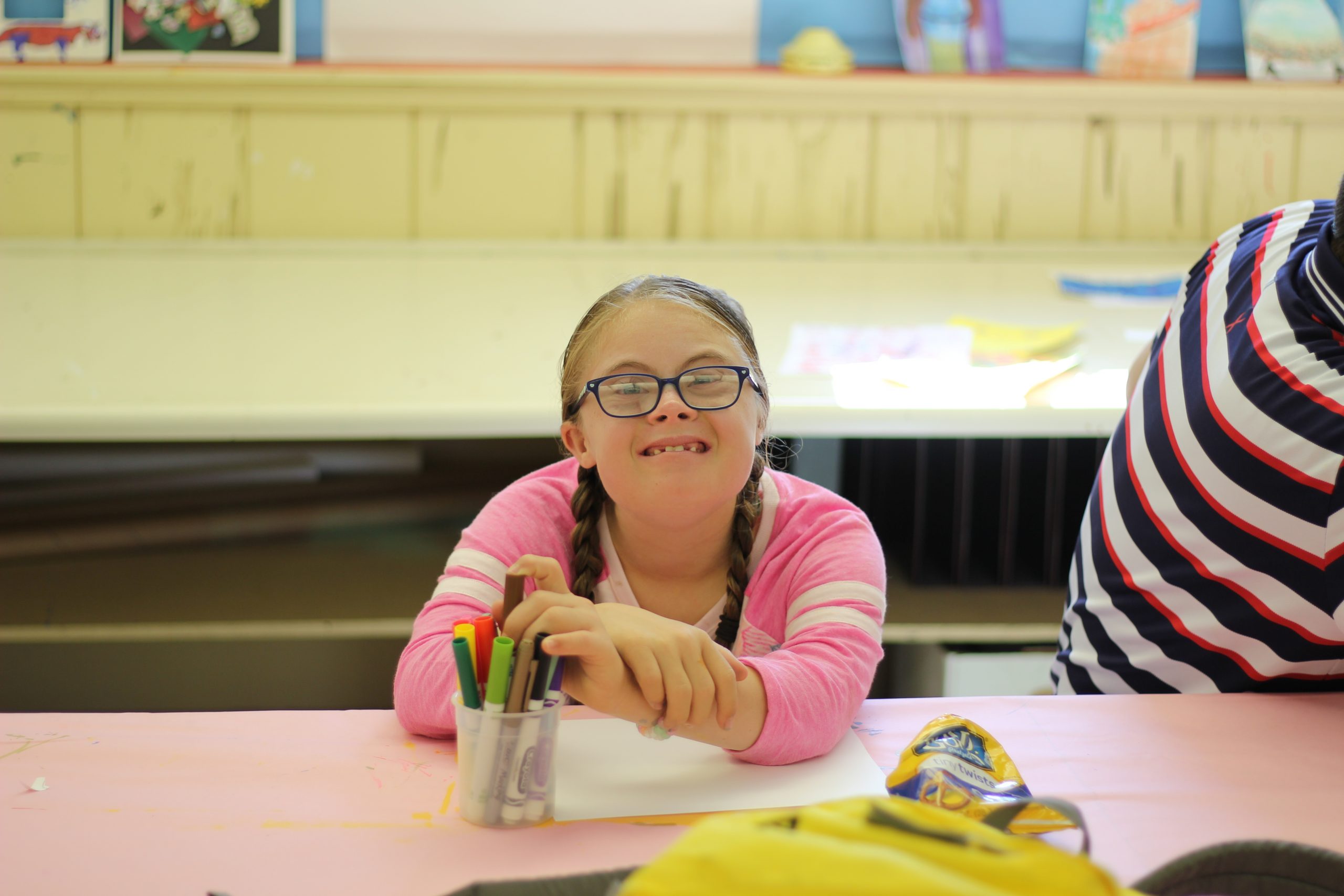Thinking [W]holistically about Inclusion: A View from Jerusalem
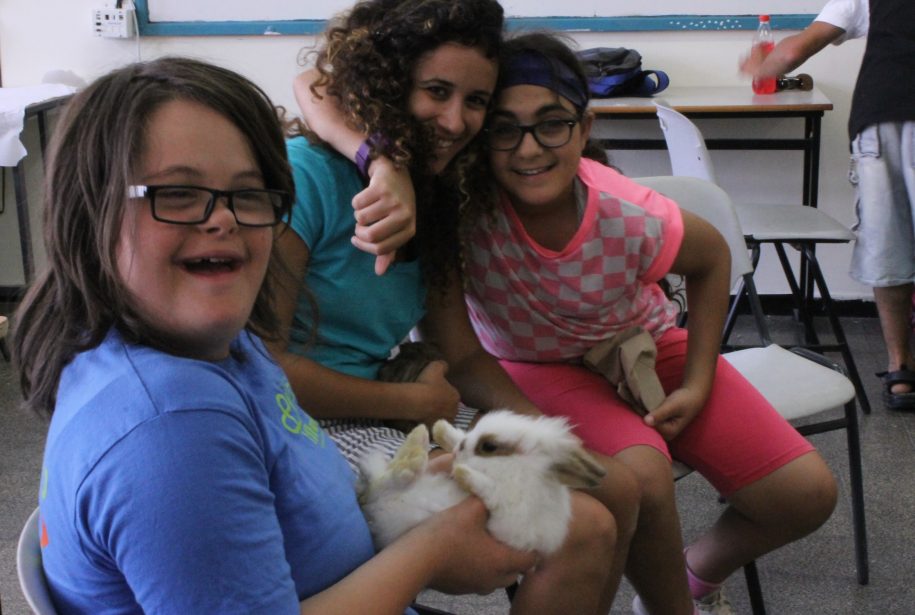
In 2016, Sight Line interviewed Beth Steinberg, Founder and Executive Director of Shutaf Inclusion Programs in Israel, about how disability is a Jewish peoplehood issue. Two years later, and in honor of #JDAIM18, we’ve asked Beth to write us a letter from Jerusalem, sharing with our community what she thinks is the most pressing issue facing advocates of inclusion in Israeli schools.
Imagine this: You’re hosting a dinner party and you’ve pulled out all the stops. The table looks fabulous, the wine is chilled, music is playing softly in the background, and the mouthwatering scents wafting from the kitchen promise a special meal for every carefully selected guest who walks through the door.
Sounds perfect. Until the oven goes on the fritz, the bathroom floods, the soufflé falls, and your guests all cancel on you.
Now, the perfect dinner party of your dreams has failed. You ask yourself: Why bother to try and plan special events, anyway?
A recipe for success calls for a zoomed out perspective—a careful consideration of all factors, not just some. The host of a successful dinner party needs to take a holistic approach and in my personal and professional world, an advocate for successful inclusion in schools does, too.
{{news_image}}
Another story, but this one true: I recently worked with the mother of a child with special needs who found herself frustrated and heartbroken when many of the “ingredients” for successful inclusion weren’t coming together at her school. While her daughter was coping successfully with the academic challenges of inclusion—she found herself struggling socially. This child played alone in the schoolyard, unable to connect with her schoolmates.
This child’s school, devoted in theory to the cause of inclusion and all the elements that inclusion signifies, had come up short when it came to thinking through the recipe for this child’s social and academic success.
In fact, the critical ingredient for this recipe is the commitment on the part of the school community – teachers, specialists, children and their families—not to just one of the adjustments needed for a truly inclusive school, but to all parts of the whole. This child might have been succeeding academically, but she wasn’t making friends. Therefore, this wasn’t a successful “dinner party.” Not yet.
In this case, an impassioned and heartfelt blog post by the mother in question was read and shared by other parents, and the school recognized the need to take stock, to think creatively, and to ask for help.
That’s when Shutaf Inclusion Programs in Jerusalem joined the “dinner party.” Two years before, we’d sat at the table with a school inclusion specialist and occupational therapist, during the child’s first year at the school. Back then, what we focused on was how essential it is to start at the beginning.
And what is “the beginning?” The beginning is what happens before a child with special needs even walks through the door of a school. The beginning starts with questions, and conversation.
Here are some questions Shutaf always asks a school, when a school is preparing to welcome a child who will need special services:
- How do you (and your school community) feel about disability, difference and inclusion?
- What fears, misconceptions, and discomfort do you feel around people with disabilities?
- What do you feel is possible and impossible when it comes to inclusion?
- Are you willing to reckon with “where you are on the inclusion spectrum,” in order to shift your mindset forward, and think about the whole child and not his or her label?
Intake forms often only provide a shadowy outline of who a child is. Perhaps a form can tell you a child’s diagnosis and his or her age. Beyond those forms though, there is an actual child – a child who has interests, likes and dislikes, and specific needs. And that child’s family has hopes and aspirations, too.
Here in Jerusalem, inclusion is not (yet) the norm, and parents often pay out of pocket for services in order to cover needs beyond the mandatory in-class-aide-hours covered by the Ministry of Education. This is a tremendous financial burden on families of children with special needs, and Shutaf is working tirelessly to advocate for more state-mandated services.
At the same time, we focus on helping schools learn how to create a sense of welcome for each child. This means making a plan for the teacher and the class, the parent committee (who need to learn and understand the issues more fully), and the teaching staff at all levels, who need the opportunity to reflect personally about their feelings on issues of inclusion, to ask questions, and to make commitments to the inclusion decisions being made as a school community.
Our work at this one school, to help this one child, didn’t mean we had baked a perfect soufflé – not yet – but it did mean we made a first step towards moving forward together, as a community to teach this school—and many others—what it means to see a child, family and experience holistically. The classroom workshops we led were received positively. Those workshops were aimed at exploring the need for caring and understanding between students, and we offered them to two classes, on the grade-level of the child in question.
Our plan is to offer more workshops for more classes in this school, and eventually, also offer some in-depth staff development over the next few months.
To paraphrase Neil Armstrong, it’s one small step for inclusion, one giant leap for a whole community.
The building blocks of a school that successfully includes a child and family with special needs aren’t so different from you might need for a perfect dinner party: planning, commitment, thoughtful preparation, evaluation and assessment.
This is what we call a recipe for long-term success.
By Beth Steinberg, for The Covenant Foundation

